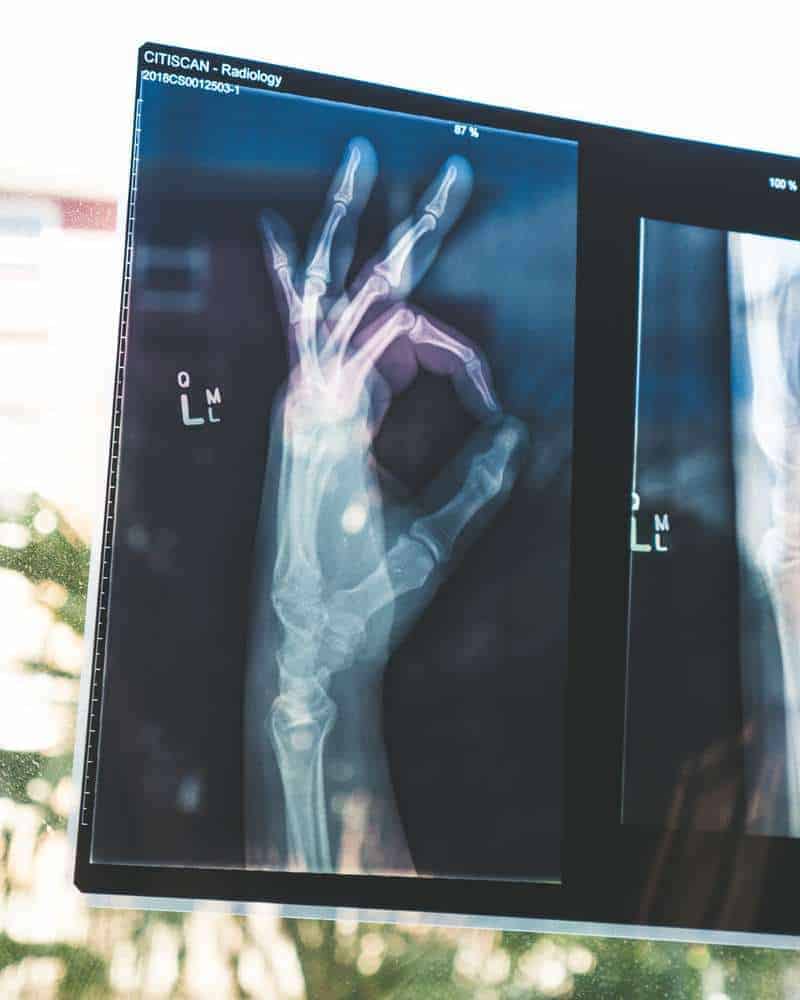Computed Tomography scan, also known as CT scan, is a popular imaging method to take cross-sectional images of your body’s specific areas without cutting. The technique uses a computer-processed combination of several X-ray measurements taken from different angles.
CT scans can detect joint or bone problems like tumors or complex bone fractures. If you are getting computer tomography for the first time, your mind is full of doubts and fear about the procedure. So, here is a list of questions to ask before getting a computed tomography scan.
How Does Computer Tomography Works?
To know more about computer tomography, click here. The CT imaging machine uses a narrow X-ray beam that circles a specific part of your body. It provides a series of images of the organ or part of the body. A computer uses these images and information to create a cross-sectional image of the organ or body part.

The 2-dimensional image (output) shows a slice of your specific body part. The process is repeated to prepare multiple images. The computer stacks these 2-dimensional images one over another to create a detailed image of your organ, body section, bones, or blood vessels. If you have a tumor, the series of images will give the surgeon an idea about the tumor’s dimensions and location, critical for conducting surgery.
Why Do I Need This Scan?
Doctors generally recommend CT imaging to help diagnose muscle or bone disorders such as fractures or tumors. CT imaging can help pinpoint the tumor, blood clot, or infection, and is recommended in a variety of conditions but not limited to:
- If you have met with an accident, it can show internal injuries and bleeding.
- If you have conditions like liver masses, tumors, emphysema, or heart disease, a CT scan can help doctors spot it or find any changes after treatment.
- A CT scan can help detect complex bone fractures or tumors if you have a bone or joint problems.
Is a CT Scan Painful?
CT scans are painless. All you will do is lie down still while the machine takes X-ray photos. Some people may feel uncomfortable due to remaining still for a long time. The placement of IV can be slightly painful for some patients.
Will a Low-Dose Scan Work for Me?
The doctor decides whether a low-dose CT scan would be for you. According to experts, a low dose scan works for lung screening. Click here to know different conditions where a low dose scan would work.
Can I Go Home After a CT Scan?
If you do not experience any after-effects after a CT scan, you can go home afterward. You can go to work, eat and drink as you did earlier. If a special dye called contrast material is used for the scan, you may have to wait in the hospital for about an hour to make sure your body does not have any adverse reaction.
Is a CT Scan Harmful to My Body?
CT scans are directly related to reducing cancer death rates and increasing life expectancy. In low doses, the chance of developing cancer is so small that it can’t be measured. Exposure to radiation is always harmful to the body.
Hence, the American College of Radiology advises no CT scan should be done until there are clear medical benefits. It advocates limiting lifetime diagnostic radiation exposure to 100 mSv. It is equivalent to 25 CTs since the general benefits of these scans outweigh the risks.
High levels of anxiety during CT imaging can affect the results. The above list of questions will work to remove your doubts and fears related to computed tomography and helps you go for CT imaging with confidence.





